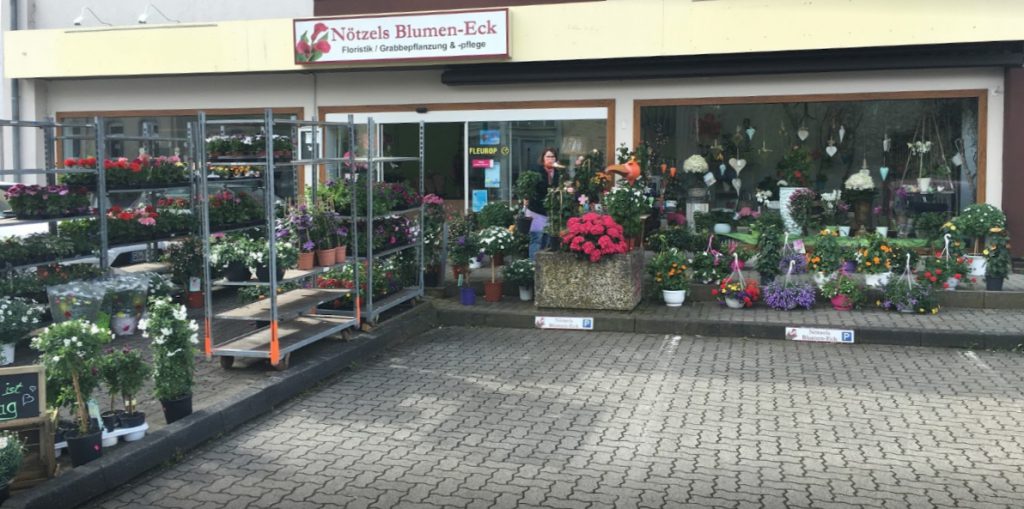The other day, as I was passing by the small flower shop on the way back from the bakery, one of the differences between my life in Africa and my life here in Europe came to mind: Shop keepers everywhere I’d been in Africa would send me off saying “Thanks for supporting me!” Initially I found it surprising. Here in Europe, buying something is a business transaction, object-centred, usually. You’re not meant to bond with the shop keeper, usually. If there’s emotions involved, they’re yours, only to be shared with friends & family. Usually. Shopping in Africa, on the other hand, seemed more people-centred: you chat, connect in various ways – like actual people. As a customer, you wouldn’t just buy a thing, instead in doing so you quite consciously supported somebody who’s earning a living with that business.
You may have noticed that I added “usually” a few times in the previous paragraph. You’ll probably agree that whatever “usually” usually refers to has seen a severe rupture these past few weeks during which we’ve been struggling with a virus that is invisible to the naked eye while it is leaving a trail of mortality, vulnerability, anxiety and polarization behind. Whereas the virus is only visible with the help of the strongest microscopes (or so I think), its impact works like a microscope popped onto society, under which various structures, our pre-existing conditions, become more magnified, and hence better visible. Pre-existing conditions, they say, make you more vulnerable to it. I find that quite rich.

Now, that small flower shop had been closed due to the coronavirus lockdown for quite a while, and on this Easter Saturday morning it was open again for the first time and people were queueing up. Flowers are not exactly a necessity for survival, hence the closure. I had seen the shop emptied of all plants, and a tv report about the big flower market in Rotterdam (was it?) came to mind where they dumped tons of flowers due to the lack of business in times of corona, and the repercussions for farmers in Kenya, and so on and so forth. Heart breaking, at least for me who for years has done everything to keep my flowers alive. Mind you, there are quite a lot in our flat.
Now here we were, an unnecessary shop open again, people queueing up, and immediately I found myself thinking “I should support them” (which eventually I did). I believe that my memory of shop owners in Africa must have triggered this response. At any rate, that memory came back to me. Of course I understand that this association of a shop re-opening in times of corona with that habit in Africa is entirely my own, yet I wonder in how far it could highlight possible changes that we may see happening in the wake (let there be a wake!) of corona. Perhaps social distancing drives home the relevance of social proximity, or generally more “social” behaviour. Solidarity, the kind that in southern Africa goes by the name of ubuntu (“umuntu ngumuntu ngabantu” – often quoted, less often practised though). In short: the understanding that I am because you are.
Atupe amani, atupe upendo, fadhili!
